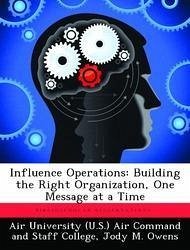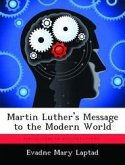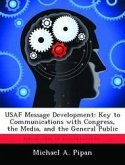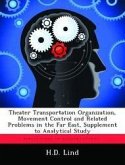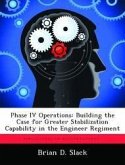The first part of the paper helps detail the argument for "why" an effective influence organization is required. The second part of the paper examines successes and failures of the US information influence, and propaganda machine in previous conflicts and possible lessons learned. The third part of the paper outlines a recommended organization to meet the requirement detailed in part one. The research method used for this paper is the problem/solution method. The paper examines the problem of the United States Government's lack of an effective organization to enable unity of effort in countering propaganda by VEOs. This paper explores a solution to maximize efficiency and improve the United States Government's ability to counter VEO influence. The United States Government needs to create an organization dedicated to influence operations with the necessary authorities, manpower, and budget to perform operations at the appropriate attribution levels to effectively win the information component of the Global War on Terror. Significant unclassified documentation exists regarding the execution of information operations in both current and past operations. Primary sources for this paper included Air University Library textbooks and magazines, as well as material from online resources such as EBSCOhost, ProQuest, and LexisNexis. References included PME based research papers, professional journals, and various geopolitical websites. Additionally, the author conducted interviews with information operations experts via phone and email.
Hinweis: Dieser Artikel kann nur an eine deutsche Lieferadresse ausgeliefert werden.
Hinweis: Dieser Artikel kann nur an eine deutsche Lieferadresse ausgeliefert werden.

